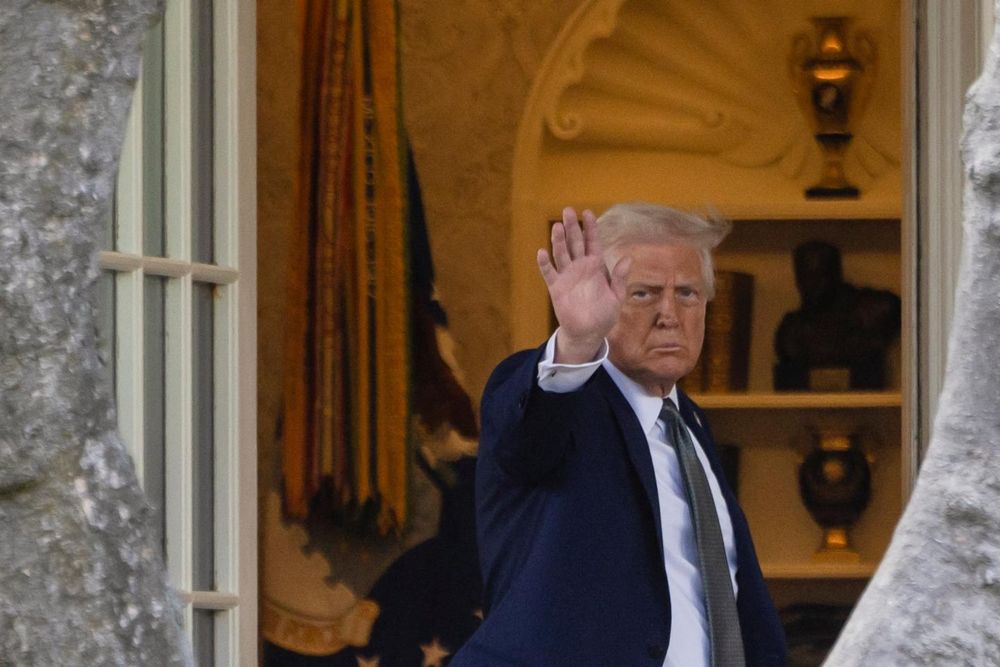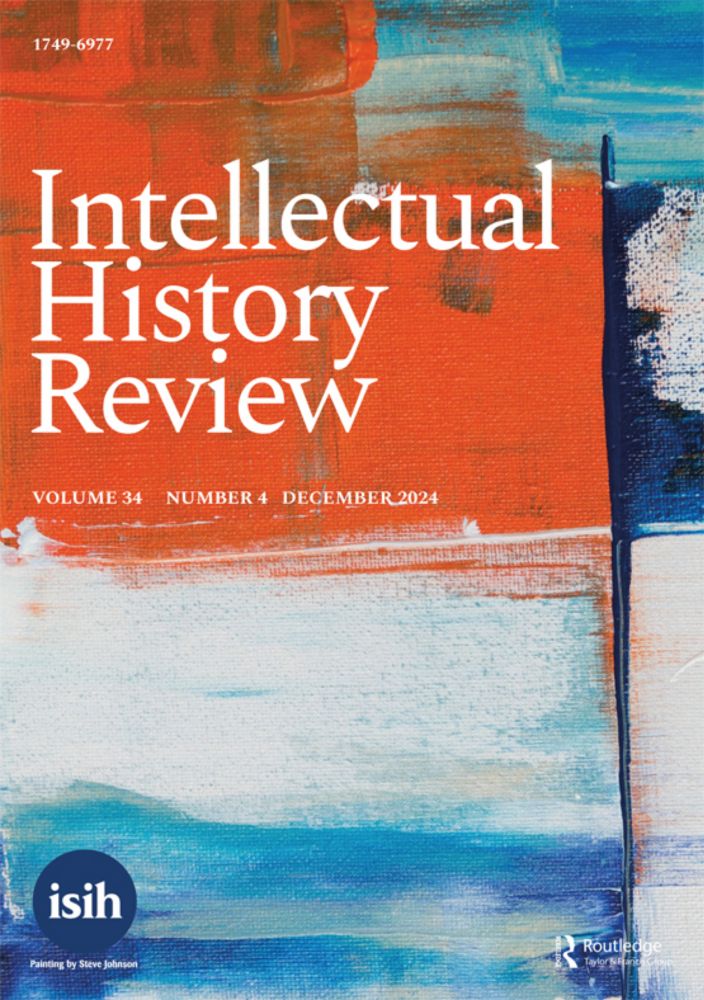
PhD student in political theory/philosophy at SciencesPo, working on modern and contemporary conservative thought.
Je laisse quelques traces de mon travail ici : https://conservatism.hypotheses.org/
It's just that in the French context, pointing at the "Dark enlightenment" is slowly becoming the solution to explain trump and musk ideas, but the whole history of American conservatism is barely known here.
So it feels as if the ideas came
It's just that in the French context, pointing at the "Dark enlightenment" is slowly becoming the solution to explain trump and musk ideas, but the whole history of American conservatism is barely known here.
So it feels as if the ideas came
He recently published an op-ed in France's biggest newspaper and it sounds like support: www.lemonde.fr/en/opinion/a...

He recently published an op-ed in France's biggest newspaper and it sounds like support: www.lemonde.fr/en/opinion/a...
If we take someone like Michael Lind, he published "Saving democracy from the managerial elite" in 2020 and "Big is beautiful: Debunking the myth of Small Business" in 2018.
If we take someone like Michael Lind, he published "Saving democracy from the managerial elite" in 2020 and "Big is beautiful: Debunking the myth of Small Business" in 2018.
Some people indeed point to this, but most of the discourse so far focuses on Land or Yarvin whereas it seems to me that it has far more common roots in classics of the American Right. Just as you point it with Hayek!
Some people indeed point to this, but most of the discourse so far focuses on Land or Yarvin whereas it seems to me that it has far more common roots in classics of the American Right. Just as you point it with Hayek!
Mais je crois que Moyn réussit bien à défendre que c'est le pessimisme qu'ils ont légué en héritage au libéralisme.
Mais je crois que Moyn réussit bien à défendre que c'est le pessimisme qu'ils ont légué en héritage au libéralisme.
www.tandfonline.com/doi/full/10....

www.tandfonline.com/doi/full/10....
la logique contextuelle du libéralisme de guerre froide. Cependant, S. Moyn est pleinement conscient de ces objections. Il me semble que, en lisant entre les lignes, on peut reconstituer ainsi la réponse implicite de l’ouvrage. 8/10
la logique contextuelle du libéralisme de guerre froide. Cependant, S. Moyn est pleinement conscient de ces objections. Il me semble que, en lisant entre les lignes, on peut reconstituer ainsi la réponse implicite de l’ouvrage. 8/10

